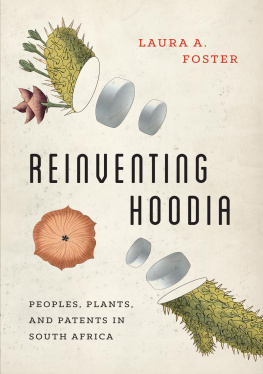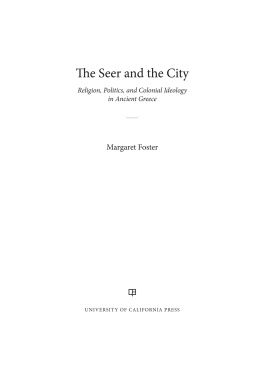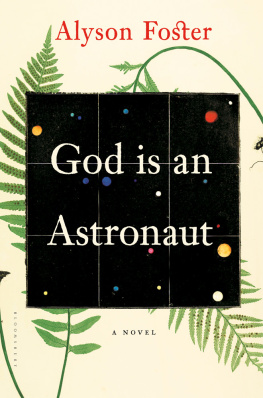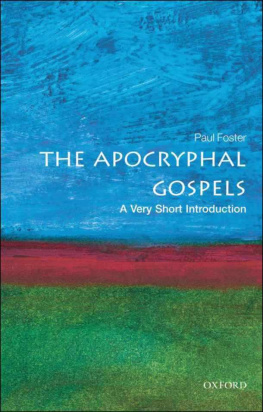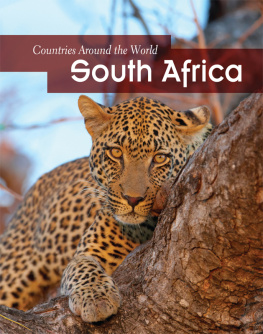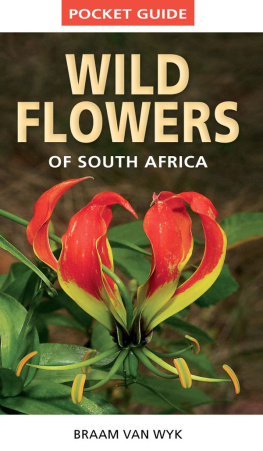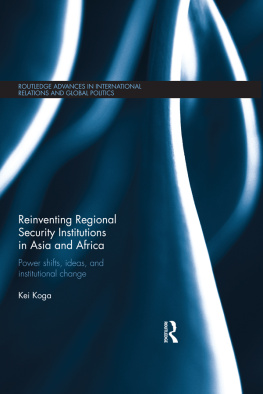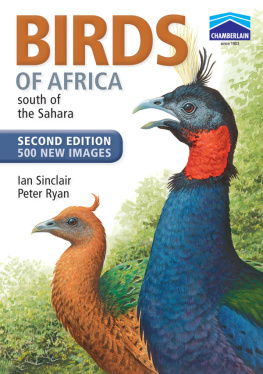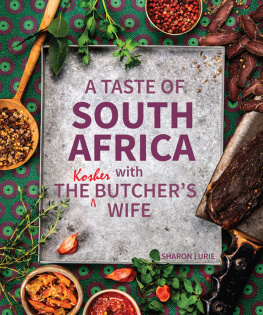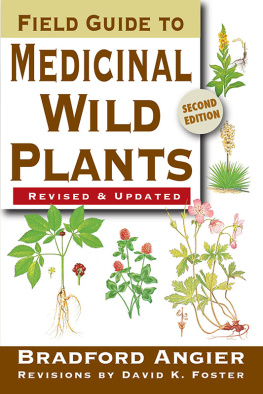Foster - Reinventing Hoodia: Peoples, Plants, and Patents in South Africa
Here you can read online Foster - Reinventing Hoodia: Peoples, Plants, and Patents in South Africa full text of the book (entire story) in english for free. Download pdf and epub, get meaning, cover and reviews about this ebook. year: 2017, publisher: University of Washington Press, genre: Politics. Description of the work, (preface) as well as reviews are available. Best literature library LitArk.com created for fans of good reading and offers a wide selection of genres:
Romance novel
Science fiction
Adventure
Detective
Science
History
Home and family
Prose
Art
Politics
Computer
Non-fiction
Religion
Business
Children
Humor
Choose a favorite category and find really read worthwhile books. Enjoy immersion in the world of imagination, feel the emotions of the characters or learn something new for yourself, make an fascinating discovery.
Reinventing Hoodia: Peoples, Plants, and Patents in South Africa: summary, description and annotation
We offer to read an annotation, description, summary or preface (depends on what the author of the book "Reinventing Hoodia: Peoples, Plants, and Patents in South Africa" wrote himself). If you haven't found the necessary information about the book — write in the comments, we will try to find it.
Foster: author's other books
Who wrote Reinventing Hoodia: Peoples, Plants, and Patents in South Africa? Find out the surname, the name of the author of the book and a list of all author's works by series.
Reinventing Hoodia: Peoples, Plants, and Patents in South Africa — read online for free the complete book (whole text) full work
Below is the text of the book, divided by pages. System saving the place of the last page read, allows you to conveniently read the book "Reinventing Hoodia: Peoples, Plants, and Patents in South Africa" online for free, without having to search again every time where you left off. Put a bookmark, and you can go to the page where you finished reading at any time.
Font size:
Interval:
Bookmark:

Feminist Technosciences
Rebecca Herzig and Banu Subramaniam, Series Editors
Reinventing Hoodia
PEOPLES, PLANTS, and PATENTS in SOUTH AFRICA
LAURA A. FOSTER
UNIVERSITY OF WASHINGTON PRESS
Seattle and London
Copyright 2017 by the University of Washington Press
Printed and bound in the United States of America
Design by Thomas Eykemans
Composed in Chaparral, typeface designed by Carol Twombly
21 20 19 18 175 4 3 2 1
All rights reserved. No part of this publication may be reproduced or transmitted in any form or by any means, electronic or mechanical, including photocopy, recording, or any information storage or retrieval system, without permission in writing from the publisher.
University of Washington Press
www.washington.edu/uwpress
Portions of this book were previously published in Laura A. Foster, The Making and Unmaking of Patent Ownership: Technicalities, Materialities, and Subjectivities, PoLAR: Political and Legal Anthropology Review 39, no. 1 (2016): 12743, and Laura A. Foster, Decolonizing Patent Law: Postcolonial Technoscience and Indigenous Knowledge in South Africa, Feminist Formations 28:3 (2016), 148173. Reprinted with permission of John Wiley and Sons, and Johns Hopkins University Press.
Library of Congress Cataloging-in-Publication Data
Names: Foster, Laura A., author.
Title: Reinventing hoodia : peoples, plants, and patents in South Africa / Laura A. Foster.
Description: Seattle : University of Washington Press, 2017. | Series: Feminist technosciences | Includes bibliographical references and index. | Description based on print version record and CIP data provided by publisher; resource not viewed.
Identifiers: LCCN 2017010452 (print) | LCCN 2017024609 (ebook) | ISBN 9780295742199 (ebook) | ISBN 9780295742175 (hardcover : alk. paper) | ISBN 9780295742182 (pbk. : alk. paper)
Subjects: LCSH: Materia medica, VegetableSouth Africa. | Medicinal plantsSouth Africa.
Classification: LCC RS182.S6 (ebook) | LCC RS182.S6 F67 2018 (print) | DDC 615.3/21dc23
LC record available at https://lccn.loc.gov/2017010452
The paper used in this publication is acid-free and meets the minimum requirements of American National Standard for Information SciencesPermanence of Paper for Printed Library Materials, ANSI Z39.481984.
To San peoples, and to those who seek to decolonize knowledge and build alternative belongings
Contents
Acknowledgments
This book is the product of a collective intellectual and political journey that I have shared with many people over time. It began more than twenty years ago while I was taking an undergraduate women and law class at Georgetown University, where I engaged with the law and against the law by considering how it could be deployed, changed, or even abandoned to ensure a more socially just future for those historically considered less worthy of legal protection and rights. I honed this critical engagement with and against the law while attending the University of Cincinnati (UC) as a graduate student in law and womens studies. I owe a tremendous debt to the courageous vision and work of Barbara Watts, Robin Sheets, and many others at UC who helped establish the very first MA/JD in Womens Studies program, from which I was the first to graduate. While I was in law school, Dorothy Brown, Gabriel Chin, Bert Lockwood, and Barbara Watts taught me to apply a critical lens to all areas of the law. My professors in the UC Department of Womens, Gender, and Sexuality Studies (WGS) were instrumental in helping me develop that lens. Patricia Hill Collins taught me that social justice inquiry starts with formulating critical questions, while Lisa Hogeland stressed that social change requires both liberal and radical politics. After my graduation, Anne Runyan also reminded me that WGS remained my home as I struggled with the politics of being a practicing attorney.
I would not have been able to write this book without the experience of being a corporate lawyer because it taught me how power truly functions, but it is my doctoral training in the Department of Gender Studies at University of CaliforniaLos Angeles (UCLA) that gives this project its theoretical, methodological, and political depth. This book developed out of research informed by colleagues who courageously supported my desire to push the field into ever more expansive inquiries into where power resides, such as intellectual property rights. Richard Abel, Carole Browner, and Christine Littleton promoted this project from its beginnings and urged me to produce rigorous intersectional work. I owe a special thanks to Sandra Harding who is my model for doing rich intellectual and political work while enjoying life at the same time. I am indebted to her for asking me just the right questions, pushing me to find my own voice, and reminding me to keep family and friends first.
The field of womens, gender, and sexuality studies is indebted to those who came before and those who come after. It is a privilege, honor, and responsibility to earn an advanced degree in this emerging field. The National Womens Studies Association was founded in 1977 and Emory University offered the first doctoral degree beginning in 1990, so there are very few role models for how to navigate the life of a graduate student and faculty member trained in this field. Although it shares many attributes with other interdisciplinary programs, it also has distinct histories, genealogies, politics, and futures. This books analysis is a testament to the possibilities of this field and how it enables entirely new sets of inquiries and frameworks to emerge. For that reason, I am grateful for those who came before to establish this institutional home, to those who struggle to maintain it, and for those who dream its enduring possibilities.
There are many at UCLA who share this vision of the field and who greatly influenced this book. I would like to thank several supportive faculty members in the UCLA Department of Gender Studies, including Sondra Hale, Douglas Kellner, Rachel Lee, Beth Marchant, Kathleen McHugh, Abigail Saguy, Nadera Shalhoub-Kevorkian, Jenny Sharpe, Sharon Traweek, and Juliet Williams. I am also thankful for several graduate school colleagues who both intellectually inspired me and held me accountable to doing social justice work, including Azza Basarudin, Gwen DArcangelis, Evangeline Heiliger, Sharmila Lodhia, Loran Marsan, Saru Matambanadzo, Jennifer Musto, Katie Oliviero, Khanum Shaikh, and Anna Ward. I owe a special thanks to Tina Beyene, who has been on this journey with me for the longest time as a colleague at both UC and UCLA; many of our conversations over the years are reflected in this book. The story of Hoodia demonstrates the need to recognize the multiple contributions that go into producing knowledge, so I also thank Van Do-Nguyen, Richard Medrano, Samantha Hogan, and Jenna Miller-Von Ah for their tireless administrative and emotional support.
Interdisciplinarity and intersectionality require intellectual engagements across numerous relations and domains of power, which also means physically traversing multiple academic units. Specifically, this project was shaped in powerful ways by spending five years working closely with the UCLA Institute for Society and Genetics (ISG). I am deeply grateful to ISG for several years of intellectual support, financial resources, interdisciplinary training, and friendships that have continued to nurture and sustain me. Thanks especially to Olivia Banner, Ruha Benjamin, Soraya de Chadarevian, Carrie Friese, Sally Gibbons, Debra Greenfield, Chris Kelty, Russell Korobkin, Hannah Landecker, Ed McCabe, Linda McCabe, Aaron Panofsky, Lindsey Smith, Ana Wevill, and Norton Wise for their endless support. I was also privileged to work with the Tribal Learning Community and Educational Exchange at UCLA School of Law, which enabled me to collaborate on a project with the Indigenous Peoples Council on Biocolonialism. In doing this work, I am forever grateful to DeAnna Rivera (Tano), Debra Harry (Northern Paiute), and Le`a Malia Kanehe (Kanaka Maoli) for helping me design this research project and its commitments to learning from San peoples. Furthermore, to the undergraduate students in my 2007
Next pageFont size:
Interval:
Bookmark:
Similar books «Reinventing Hoodia: Peoples, Plants, and Patents in South Africa»
Look at similar books to Reinventing Hoodia: Peoples, Plants, and Patents in South Africa. We have selected literature similar in name and meaning in the hope of providing readers with more options to find new, interesting, not yet read works.
Discussion, reviews of the book Reinventing Hoodia: Peoples, Plants, and Patents in South Africa and just readers' own opinions. Leave your comments, write what you think about the work, its meaning or the main characters. Specify what exactly you liked and what you didn't like, and why you think so.

